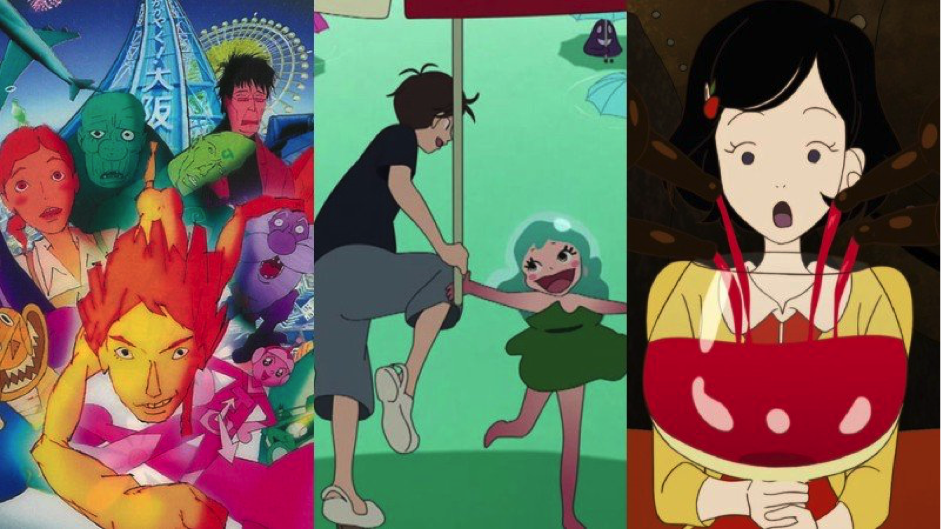To sign up for our daily email newsletter, CLICK HERE
An animated film director is a person who, based on a finished script, creates animated films using modern computer graphics and auxiliary programs. The director directs creating films, monitoring compliance with the script, technology, and the quality of the tasks.
The work of the director-animator can be compared to the work of the director of feature films, but the first creates an animated movie or a movie with animation elements. This specialist oversees the work of the entire team involved in the tape’s creation, including an animator, sound engineer, director, screenwriter, composer, and other employees.
What Are the Profession Features?
During the creation of the picture, the director gathers specialists, gets acquainted with the script, plans a budget and selects one type of animation, taking into account the customer and the budget allocated for work:
-classic hand-drawn animation;
-painting on glass or loop animation (not too popular, almost never used today);
-modern animation 2D and 3D (computer);
-puppet or plasticine animation;
-sand, silhouette;
-combined option.
The work of the director-animator is closely connected with the world of computer technology, with the help of which they animate the plot of the future tape, create characters, compose sound, etc. It is the director who controls the creation of an animated or feature film with animation elements, coordinating the actions of the entire team.
Where Can You Get the Job Being an Animated Film Director?

A director specializing in animation can find a job in a private studio, work in domestic projects, or carry out private orders (creating commercials, YouTube videos, music videos, and other products).
What Are the Pros and Cons Being an Animated Film Director?
Here we will check the pros and cons of this profession. The pros are:
-The profession is highly paid.
-The profession is promising, as specialists are in demand on the market.
-You can work both in a well-known company and privately, creating the author’s animated films.
-Prospects for career and professional growth.
-Use of the latest animation techniques.
-Work is not associated with hard physical labor.
-The opportunity to take part in domestic and foreign projects, as well as receive prizes and awards.
The cons, however, are:
-The profession requires material investments (a good personal computer, licensed software, workplace equipment).
-Inactive work, which may seem routine.
-It is impossible to apply for a high-paid position as an animation director without a specialized education or portfolio.
-Education is expensive, and not every university graduates specialists in this profile, so it is necessary to consider the prospect of moving to another region for the duration of the training.
If you are an animated director, the desire to learn something new throughout the entire time of work will be your best feature, as well as the ability to analyze scripts and literary works. Other skills needed are making connections and the ability to select specialists who will be involved in the creative process.
Can you generate new ideas and without template thinking? Can you work in a team, having organizational abilities and sociability? The director usually has at least three subordinates with the vision of the creative process.
Do you have the desire to search for new topics and directions that will interest the potential audience? Can you listen to both colleagues and customers and fix almost finished work because the customer sees the picture differently? If you said yes, it’s your future profession that will make you a happy and successful person.
How to Become an Animated Director?
Courses on animation improve your skills in drawing, animation, creating graphics and video, and allow you to master each stage of the process from start to finish. Many disciplines prepare professionals who then have extensive knowledge in this complex business requiring high qualifications and skill.
Many programs in various countries offer animation and directional training. During the study process, even animated directors meet lots of paperwork that can distract you from important subjects. If you want to get more time on animation and the other essential subjects, you may ask for help a paper writer who will do the rest of your tasks. But getting a degree will not end your training. You need to master many special software programs for creating animations.
The path of the animator’s director is complicated but interesting. If you have a lot of ideas in your head, then this is definitely your way.